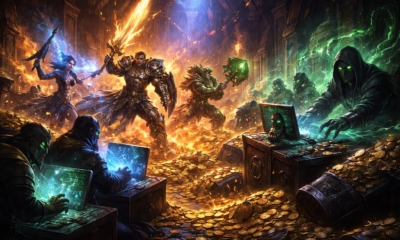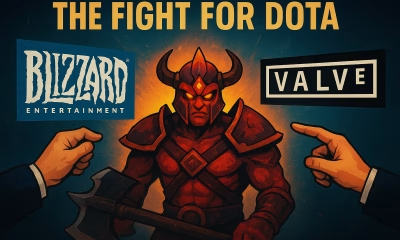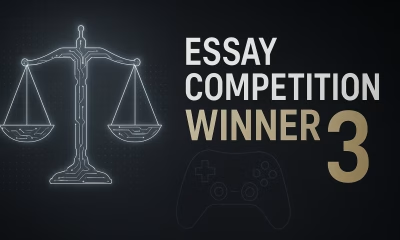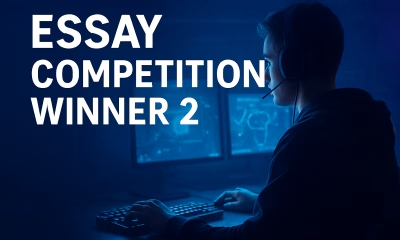Doping & Cheating
Noot Noot’s cheating scandal: Unpacking Allegations of Cheating in Valorant Competition
On 5 October 2023, Noot Noot, a little-known unsigned team, was accused by Riot Games of cheating in their match against the Complexity GX3 team. The incident occurred during the second round of the VCT NA Game Changers 2023 Series III, when the Riot Anti-Cheat system discovered that a Noot Noot player had violated competitive integrity. This resulted in the forfeit loss of the match and the launch of a complete investigation by Riot Games, followed by a delay of more than an hour between the second and third maps of the Noot Noot vs Complexity GX3 match.

Cheating Scandal
Malibu, the player accused of cheating, initially denied the accusations via Twitter. The other members of the team apologized to the supporters and denied that they were cheating or had any knowledge that Malibu was cheating, in addition to stating that they had only met a few weeks before the event.
Additionally, the cheating accusations were not the only concern for the V1 team, as their coach suggested that one of Noot Noot´s members used an AI-generated picture as a headshot. Various members of the Valorant community expressed their anger on social media, questioning the validity of previous matches and mocking the actions of Noot Noot.
Valorant’s Response
Valorant Esports made a post on Twitter confirming that competitive integrity was compromised during the match and, therefore, the team received a match forfeit, and confirming that a complete investigation will be launched. Later, another post was made, assuring that Riot Games would apply serious measures to the parties involved in this cheating scandal.
Conclusion
Scandals like this affect the credibility and integrity of esports tournaments, and although in most tournaments it is the organizers themselves who decide the sanctions for those involved in cheating, there are laws such as the Game Industry Promotion Act in Korea. This legal provision criminalizes the use of software or any product that would disrupt the normal operation of a game, such as the use of aimbots or hacking, among others. It is important to mention the prison sentence of up to two years strictly associated with the use of tertiary software to gain an advantage in video games, along with a fine of up to KRW 20,000,000 (approx. USD 18,000).
Other countries where the esports industry is relevant may follow this trend and legislate specifically for these cases.
Image by: VALORANT Esports
GAME INDUSTRY PROMOTION ACT Statutes of the Republic of Korea. Available at: https://elaw.klri.re.kr/eng_service/lawView.do?hseq=49130&lang=ENG



















